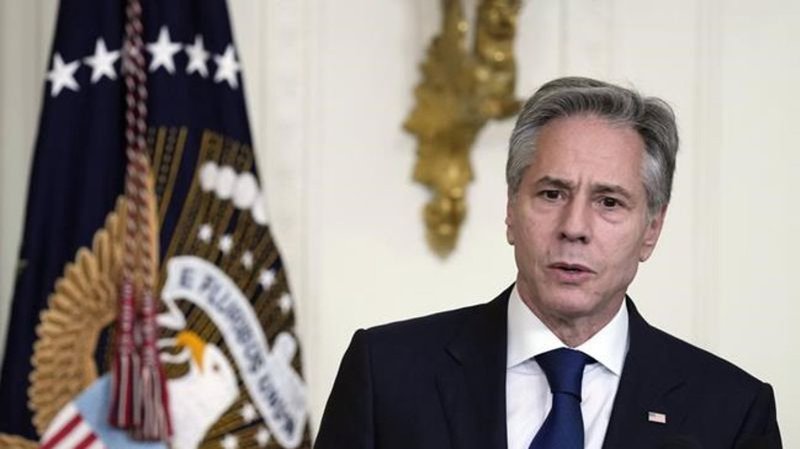
Blinken heads to China this weekend on mission to salvage sinking ties and keep communications open
WASHINGTON (AP) — U.S. Secretary of State Antony Blinken will travel to China this weekend as part of the Biden administration’s push to repair deteriorating ties between Washington and Beijing and keep lines of communication open, the State Department said Wednesday.
Blinken will be the most senior U.S. official to visit China since President Joe Biden took office. His visit had initially been planned for earlier this year but was postponed indefinitely after the discovery and shootdown of what the U.S. said was a Chinese spy balloon over the United States.
Since then, however, there have been lower-level engagements between the U.S. and China despite ongoing hostility and recriminations over both sides’ actions in the Taiwan Strait, the South China Sea, China’s refusal to condemn Russia for its war against Ukraine, and allegations from Washington that Beijing is attempting to boost its worldwide surveillance capabilities, including in Cuba.
The State Department said Blinken had spoken with his Chinese counterpart, Foreign Minister Qin Gang, on Tuesday night to confirm his trip, which will begin on Sunday and was first reported by The Associated Press and other news organizations last week. Blinken will leave Washington late Friday.


